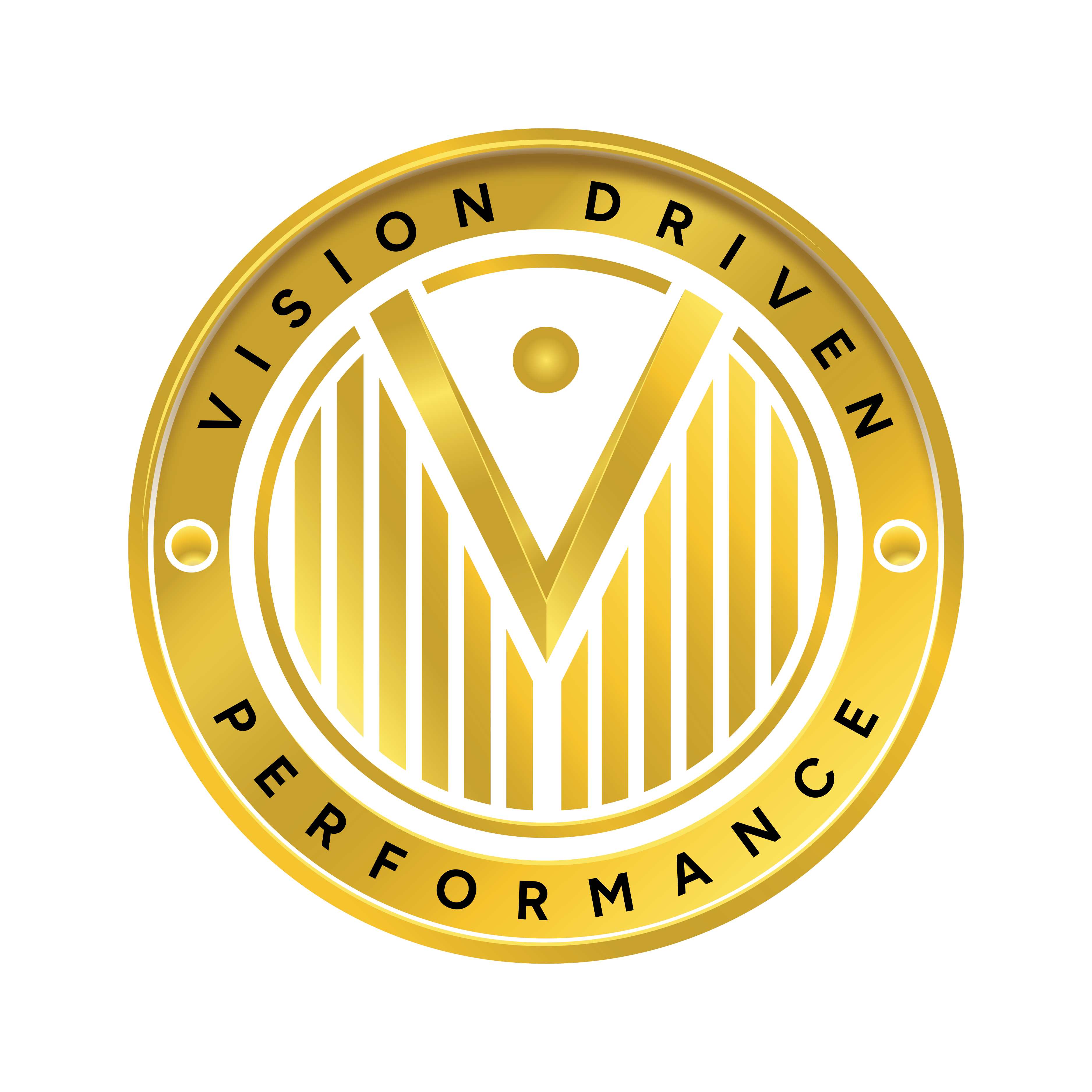Deciding when to start paying yourself for your business depends on various factors, including the financial health of your business, your personal financial needs, and your long-term goals.
Here are some considerations to help you determine when to start paying yourself for your business…
- Business Viability
- Before paying yourself, ensure that your business is generating sufficient revenue and profitability to support regular salary or owner’s draw payments without jeopardizing its financial stability or growth prospects. Consider factors such as consistent cash flow, profitability, and sufficient reserves to cover operating expenses and unexpected costs.
- Personal Financial Needs
- Assess your financial situation and determine if you have a pressing need for income from your business to cover living expenses, personal obligations, or financial goals. If your business can afford it and you require income to support yourself and your family, it may be appropriate to start paying yourself sooner rather than later.
- Legal and Tax Considerations
- Understand the legal and tax implications of paying yourself from your business. Depending on your business structure (e.g., sole proprietorship, partnership, LLC, corporation), there may be different requirements and tax treatment for owner compensation. Consult with a tax advisor or accountant to ensure compliance with applicable laws and regulations and optimize your tax strategy.
- Business Growth and Reinvestment
- Consider the growth and reinvestment needs of your business before taking personal compensation. Reinvesting profits back into the business can fuel growth, expand operations, invest in new opportunities, or strengthen your competitive position. Evaluate whether it’s beneficial to reinvest profits in the business before taking a significant portion as personal compensation.
- Market and Industry Norms
- Research market and industry norms for compensation in businesses similar to yours. Understanding typical salary ranges or owner’s draw amounts for comparable roles or industries can help inform your decision on appropriate compensation levels for yourself.
- Long-Term Sustainability
- Consider the long-term sustainability of your business and how your compensation decisions align with your overall business strategy and objectives. Striking a balance between rewarding yourself for your efforts and ensuring the financial health and growth of your business is essential for long-term success.
The decision to start paying yourself from your business is a personal and strategic one that should be based on a careful assessment of your business’s financial situation, your personal financial needs, legal and tax considerations, and your long-term goals for the business. It’s advisable to seek advice from financial professionals and consider all relevant factors before making decisions about owner compensation.





